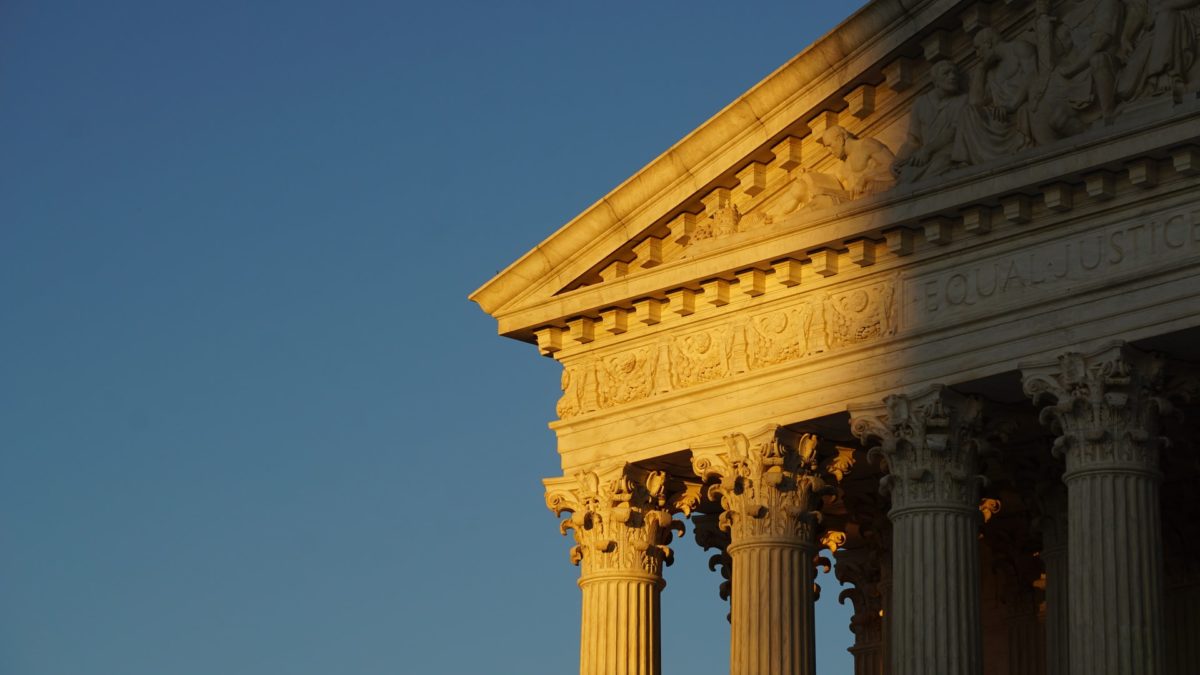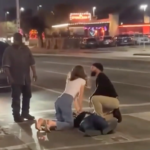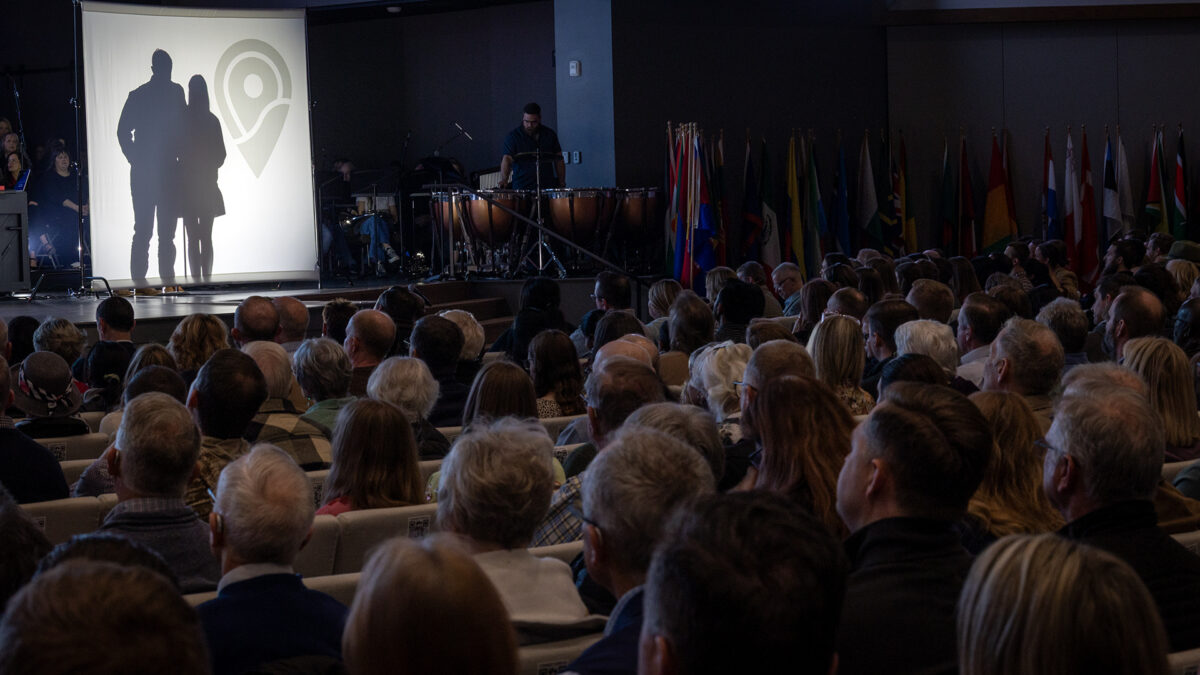Pro-life advocates are celebrating today as the U.S. Supreme Court has overturned its 1973 Roe v. Wade decision providing federal protections for abortion.
The court ruled — in a 6–3 vote — for the state of Mississippi in Dobbs v. Jackson Women’s Health Organization, upholding a Mississippi ban on abortion after 15 weeks of pregnancy. The decision, in which five of the justices voted to overturn Roe, returns the power to regulate abortion policy back to the states.
“Today marks a new era in American history — and a great day for the American people,” said Mississippi Attorney General Lynn Fitch in a statement. “This decision is a victory not only for women and children, but for the Court itself.
“Now, our work to empower women and promote life truly begins. The Court has let loose its hold on abortion policymaking and given it back to the people.”
‘Sacred work’ continues
Southern Baptist Convention President Bart Barber responded to the announcement, stating, “Southern Baptists rejoice at the ruling that the United States Supreme Court has delivered today in Dobbs v. Jackson Women’s Health Organization.”
“As we stated just days ago in a resolution at our 2022 Annual Meeting, in a post-Roe United States, ‘We commit to stand with and pray for abortion-vulnerable women, to eliminate any perceived need for the horror of abortion, and to oppose Planned Parenthood and other predatory organizations or institutions who exploit vulnerable women for profit,’” Barber noted.
“State-by-state, mother-by-mother, heart-by-heart we will continue our sacred work.”
A closer look state-by-state
As a result of today’s ruling, more than 20 states will prohibit or restrict abortions, according to The Guttmacher Institute, a research and policy organization affiliated with the abortion-rights movement.
Thirteen states have so-called trigger laws that automatically take effect now that Roe is overturned: Arkansas, Idaho, Kentucky, Louisiana, Mississippi, Missouri, North Dakota, Oklahoma, South Dakota, Tennessee, Texas, Utah and Wyoming.
Nine states have pre-Roe abortion bans still on the books: Alabama, Arkansas, Arizona, Michigan, Mississippi, Oklahoma, Texas, West Virginia and Wisconsin.
Some states, including Alabama, have both pre- and post-Roe laws banning abortion.
In addition to the states with bans in place, Guttmacher classifies four states — Florida, Indiana, Nebraska and Montana — as likely to ban abortion based on the state’s history and political atmosphere.
Though Dobbs v. Jackson dealt with a ban on abortions after 15 weeks of pregnancy, Mississippi, as well as several pro-life organizations, including the Southern Baptist Ethics & Religious Liberty Commission, urged the high court not only to uphold the 15-week prohibition contested in the case but to overturn Roe and the 1992 Planned Parenthood v. Casey opinion that affirmed that decision.
Under the Roe/Casey framework, the United States had one of the most permissive abortion policies in the world. A 2021 study by the pro-life Charlotte Lozier Institute showed 47 of 50 European countries prohibit elective abortions or restrict them to 15 weeks or earlier. The United States reportedly is one of only six countries, including China and North Korea, that permit elective abortions after 20 weeks’ gestation.
Brent Leatherwood, acting president of the Ethics & Religious Liberty Commission, tweeted, “The day we have been waiting for has arrived. … Roe and Casey are overruled. More lives are now protected today than yesterday as a new chapter for the #prolife movement begins.”
Click here to find tips from Brotherhood Mutual about handling protests at your church or organization facilities.










